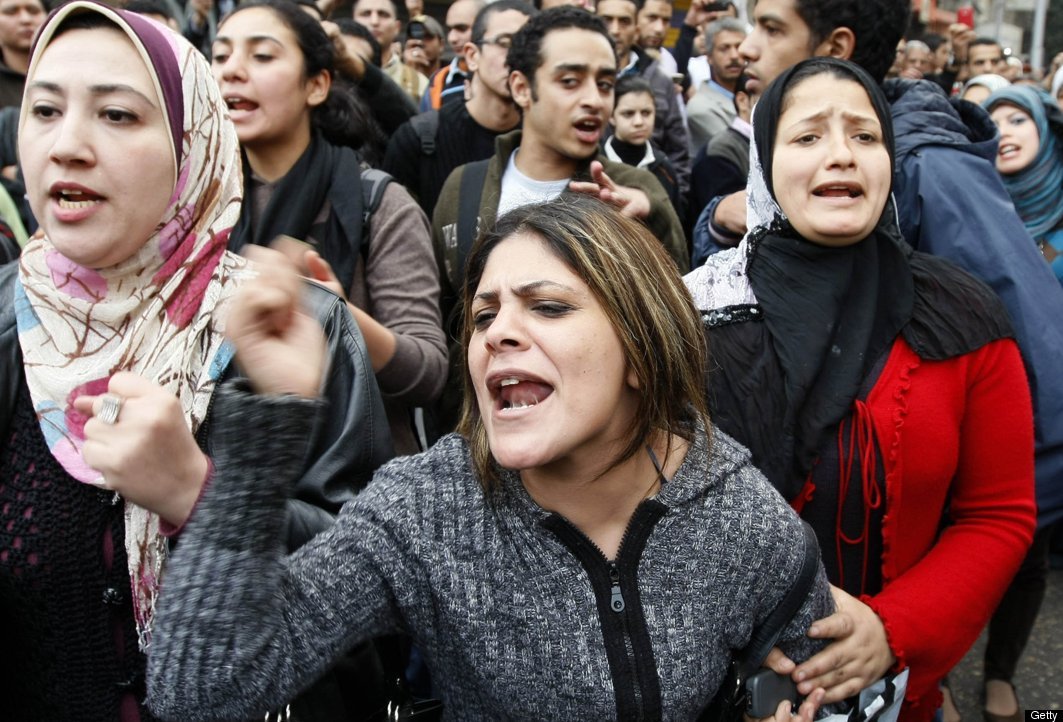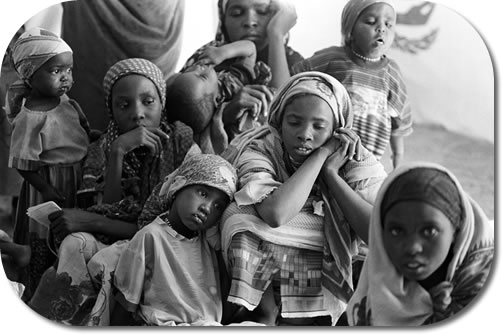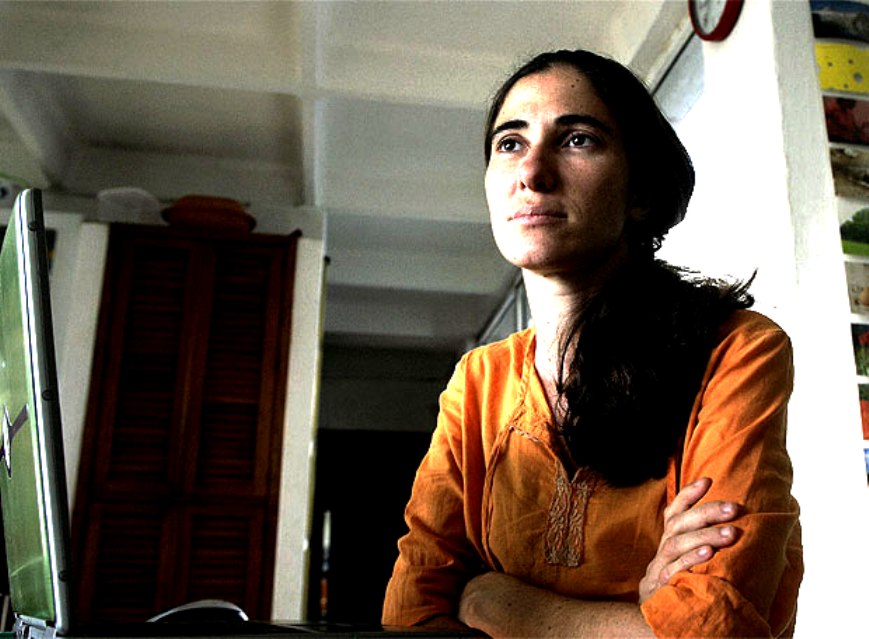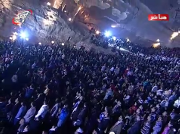By Michael IrelandSenior International Correspondent, ASSIST News Service
ALEXANDRIA, EGYPT (ANS) -- National and international rights groups have consistently criticized the recourse to the so-called "reconciliation meetings" -- dubbed "Bedouin sittings" -- that take place between Copts and Muslim assailants after every attack on Coptic Christians, says Egyptian journalist Mary Abdelmassih, writing for AINA -- Assyrian International News Agency
www.aina.org .
The meetings are conducted under the auspices of state security, Abdelmassih writes.
“Last week a series of meetings were held by radical Muslims to decide on the fate of the Copts in a village in Alexandria, and Muslims insisted that the whole Coptic population of 62 families must be deported because of an unsubstantiated accusation levied against one Coptic man,” Abdelmassih states in an online report.
 |
Coptic homes set ablaze by Muslims in Ameriya. |
According to AINA, Copts in the village of Kobry-el-Sharbat (El-Ameriya), Alexandria, were attacked on January 27 by a mob of 3,000 Muslims led by Salafi leaders, who looted and torched homes and shops belonging to Copts.
“The violence was prompted by allegations made by a Muslim barber named Toemah that a 34-year-old Coptic tailor, Mourad Samy Guirgis, had on his mobile phone illicit photos of a Muslim woman,” writes Abdelmassih.
She continued: “Mourad denied the accusation and surrendered to the police for fear for his life.
Muslims looted and torched his workshop and home after he surrendered to the police, and his entire family, including his parents and his married brother Romany, were evicted from the village. He is still in police detention.”
Abdelmassih reports that three "reconciliation meetings" were held at the El-Ameriya village police headquarters. They were attended by Salafi and Muslim Brotherhood representatives from neighboring villages, as well as church representative. Muslims demanded the eviction of all Coptic inhabitants from the village because "Muslim honor had been damaged."
Abdelmassih says many believe that the mobile phone story was fabricated as an excuse to start violence against the Copts. According to the police, the woman in question denied the story and no photos were found on Mourad's mobile phone, according to Ihab Aziz, a Coptic-American activist who is presently in Egypt.
“During the first reconciliation meeting it was agreed that only Copts who were directly involved with the Mourad incident would be evicted, and the church demanded compensation of two million pounds for the innocent Copts whose homes and businesses were torched on January 27. Muslims, especially Salafis from the neighboring villages, refused any kind of compensation and insisted on the eviction of all Copts,” Abdelmassih went on to say.
AINA reports that on January 30 a Muslim mob attacked Copts in Kobry-el-Sharbat for the second time, and torched three Coptic homes in the presence of the security forces, "which took the role of an onlooker and made no effort to stop the violence," according to Joseph Malak, lawyer for the Coptic church in Alexandria.
"This proves that the assailants were not afraid of the security forces or the law," he said.
The AINA report goes on to say that Muslim representatives demanded the eviction of the wealthy Coptic merchant Abeskhayroun Soliman, together with his four married sons and their families, accusing them of causing sedition by shooting in the air when Muslims broke into and torched their home while the family was inside. "No one was wounded due to the alleged shootings, which the family says never took place. The police authorities issued an arrest warrant for two of the Soliman sons," said Ihab Aziz.
AINA stated that the Solimans have been in hiding with a Muslim family which saved them from their burning homes, and is presently giving them protection. Muslims threatened that if eight Coptic families were not evicted by February 3, all remaining 54 Coptic families in the village would be subjected to violence after Friday prayers. They called it "Friday of Eviction" and "Friday of Clean-up."
 |
Reconciliation meeting for Ameriya. |
The news agency said that on Wednesday, February 1, a hastily-organized reconciliation meeting was arranged by security authorities, and was attended by Ebeskharion Soliman and one of his sons.
The terms of the agreement which resulted were:
** Eviction of eight Coptic families, namely three of the Mourad families, in addition to five Soliman families.
** Selling of the assets of the wealthy Abeskhayron Soliman family within three months by a committee, under the supervision of Salafi shaikh Sherif el Hawary.
Soliman has no right to get involved in the sale or even accompany a prospective buyer.
**The Committee is to collect any money accrued from the sale of his land, properties, businesses as well as collect promissory notes pending from business transactions by the Soliman-owned chain of stores.
** In case of non-implementation of this Agreement, all Copts in the Kobry-el-Sharbat village will be attacked, their homes and property completely torched.
AINA reports that Abeskhayron Soliman signed the agreement, which most Copts viewed as "humiliating."
Father Boktor, who attended the meeting, described the reconciliation agreement as "utter injustice," AINA said.
According to the AINA report, Wissa Fawzi, member of the Maspero Coptic Youth Union in Alexandria, said that Soliman has nothing at all to do with the Mourad story, but signed the agreement to save his family and the Copts in the village, "otherwise there would have been a massacre of the Copts on that Friday." He said that Security authorities pressured Soliman into accepting the terms of the agreement by threatening him with refusal of police protection for him and his family.
"What constitutes the real crisis is the complicity of security officials in the process of displacement," said Fawzi.
AINA explained that Copts in Kobry-el-Sharbat were stunned after hearing the news of the eviction of the "top Copt" in their community, whose wealth is estimated at more than 20,000,000 Egyptian pounds. "There is a feeling of humiliation and being completely under the mercy of the radical Muslims," said Rami Khashfa of the Alexandria Maspero Youth Union, adding:"They are terrorized and are scared of the future. Copts in the neighboring villages are also scared." He said that Copts in the village are thinking of moving elsewhere.
Speaking on US-based Christian TV channel Al-Karma, Magdy Khalil, head of the Middle East Freedom Forum, said that reconciliation meetings made up of Salafis and members of the Muslim Brotherhood, and arranged by security officials are illegal and forced eviction is one of the crimes under international law.
"Who gave them the right to form a committee headed by a Salafi to sell Christian property? This is thuggery and blatant targeting of Copts," Khalil said
The AINA report says Khalil called on the Coptic Melli Council, which is the civilian body that represents Copts in the Egyptian State, to protest this agreement and ask for the return of the Copts to their homes.
"If we accept it, this will open the door for an avalanche of forced evictions," Khalil said. He believes that radical Muslims have a bigger plan they hope to achieve by terrorizing the Copts, namely displacing and dispersing them from places with high Coptic population density, taking their property and weakening them economically.
Ihab Aziz, like many others, believes that "Coptic capital" is targeted everywhere in Egypt. He said that members of the Egyptian parliament have been made aware of the El-Ameriya forced displacement, and the issue will be brought before parliament shortly.
| ** Michael Ireland is the Senior International Correspondent for ANS. He is an international British freelance journalist who was formerly a reporter with a London (United Kingdom) newspaper and has been a frequent contributor to UCB UK, a British Christian radio station. While in the UK, Michael traveled to Canada and the United States, Albania,Yugoslavia, Holland, Germany,and Czechoslovakia. He has reported for ANS from Jamaica, Mexico, Nicaragua, Israel, Jordan, China,and Russia. Michael's volunteer involvement with ASSIST News Service is a sponsored ministry department -- 'Michael Ireland Media Missionary' (MIMM) -- of A.C.T. International of P.O.Box 1649, Brentwood, TN 37024-1649, at: Artists in Christian Testimony (A.C.T.) International where you can make a donation online under 'Donate' tab, then look for 'Michael Ireland Media Missionary' under 'Donation Category' to support his stated mission of 'Truth Through Christian Journalism.' Michael is a member in good standing of the National Writers Union, Society of Professional Journalists, Religion Newswriters Association, Evangelical Press Association and International Press Association. If you have a news or feature story idea for Michael, please contact him at: ANS Senior International Reporter |  |
** You may republish this story with proper attribution.
















